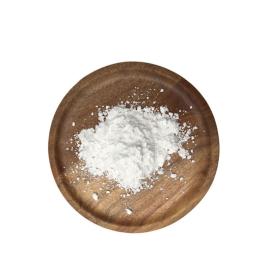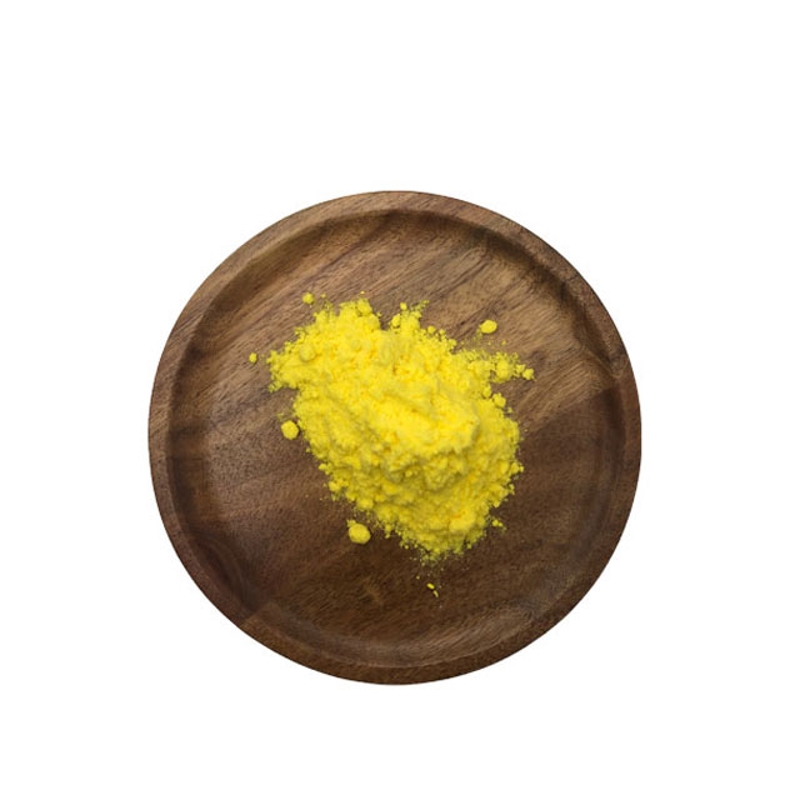-
Categories
-
Pharmaceutical Intermediates
-
Active Pharmaceutical Ingredients
-
Food Additives
- Industrial Coatings
- Agrochemicals
- Dyes and Pigments
- Surfactant
- Flavors and Fragrances
- Chemical Reagents
- Catalyst and Auxiliary
- Natural Products
- Inorganic Chemistry
-
Organic Chemistry
-
Biochemical Engineering
- Analytical Chemistry
- Cosmetic Ingredient
-
Pharmaceutical Intermediates
Promotion
ECHEMI Mall
Wholesale
Weekly Price
Exhibition
News
-
Trade Service
Tumor immunotherapy is arguably the biggest breakthrough in tumor therapy in nearly 20 years.
have achieved remarkable results and progress in many solid tumors.
, the immuno-checkpoint inhibitors represented by PD-1/PD-L1 set off a trend of immunotherapy and changed the pattern of tumor therapy.
However, the effectiveness of tumor therapy is the most important concern of patients and clinicians, PD-1/PD-L1 and other immunotherapy also face many challenges, such as the proportion of people who respond to immunotherapy is still not high, although the combination of chemotherapy, or radiotherapy can improve the response rate of immunotherapy, but from the expected distance from people to overcome the tumor.
addition, there are a large number of "cold tumors", so that immunotherapy is still helpless.
same time, even with immunotherapy, there are still a large number of patients with drug resistance.
this, both basic and clinical, have jumped out of the existing immunotherapy framework and focused on the "four new" immunotherapy drugs with "new theories, new designs, new data, new targets".
these four new will dominate the future development of tumor immunotherapy for 20 years.
1. Blocking PD-1 signaling from the inside, dual-specific antibody recruiting phosphatase over traditional PD-1 antibody effect Has long been understood to be: PD-1 in the ligand PD-L1 or PD-L2 binding to specific intracellular tyrosine phosphorylation, and then recruit downstream molecules to inhibit the function of immune cells.
PD-1/PD-L1 blocking antibodies based on this design are designed to block the binding between the two, from... Network Source: Network Copyright Notice: All text, images and audio and video materials on this website that indicate "Source: Met Medical" or "Source: MedSci Original" are owned by Metz Medicine and are not authorized to be reproduced by any media, website or individual, and are authorized to be reproduced with the words "Source: Mets Medicine".
all reprinted articles on this website are for the purpose of transmitting more information and clearly indicate the source and author, and media or individuals who do not wish to be reproduced may contact us and we will delete them immediately.
at the same time reproduced content does not represent the position of this site.
leave a message here







